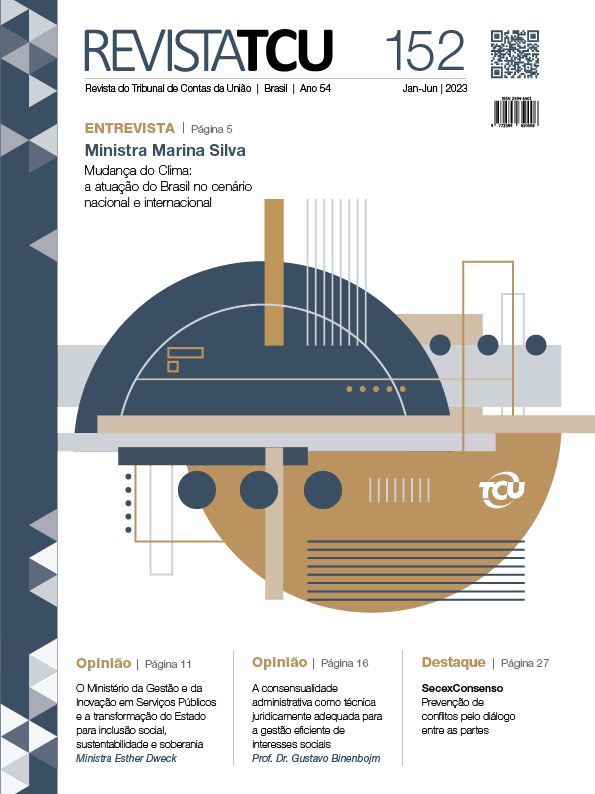Linguistic equivalence to analyze how meaning the speech of the Justiça do Trabalho was expressed the speech of the Tribunal de Contas da União about Public Governance

Abstract
The purpose of this study is to present data to assess the linguistic equivalence between the content of the discourse of the Superior Board of Labor Justice (CSJT) on public governance and the content of the discourse of the Federal Court of Auditors (TCU) on the same subject. The TCU is the body that guides the exercise of Public Governance within the scope of the federal public administration, while the CSJT is responsible for systematizing and defining the governance structures of the Labor Court. The guidance provided by both bodies is disseminated through the publication of official documents and resolutions. As a result, this research used Content Analysis to verify existing textual relationships between the discourses on Public Governance of these entities. First, an analysis of the content of TCU's guidance documents was carried out, from which 3 themes, 11 categories of analysis, and 146 units of analysis were extracted. The research results showed that: (a) in the Leadership mechanism, the CSJT's discourse was aligned with semantic content from the TCU regarding guidelines but exhibited low linguistic equivalence in relation to semantic content about the definition of governance structure; (b) in the Strategy mechanism, the CSJT's discourse had a broad scope and density of textual materials, characterizing a discourse with linguistic equivalence to the TCU's discourse; (c) in the Control mechanism, the CSJT's discourse focused on discursive contexts related to Audit, Boards, and Consultancy and demonstrated low equivalence with governance principles.
Author Biography
Hitalo Fernandes Miné Diniz
Bacharel em Sistemas de Informação pela PUC Minas Gerais, mestre em Administração Pública pela Universidade Federal de Viçosa e analista judiciário no Tribunal Regional do Trabalho da 3ª Região (Minas Gerais).
Alexandre Santos Pinheiro
Bacharel em Administração pela Universidade Federal de Viçosa, doutor e mestre em Administração pela Universidade Federal de Minas Gerais. Professor adjunto da Universidade Federal de Viçosa.
